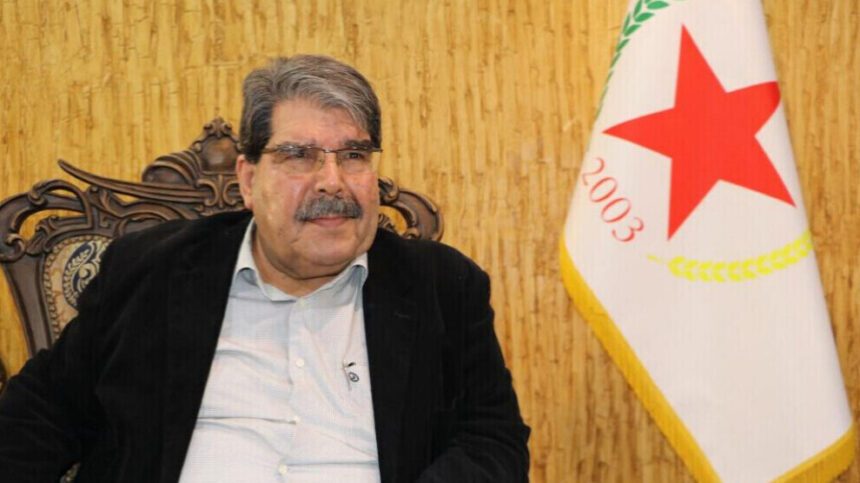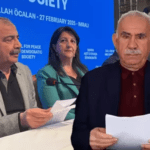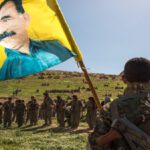Following Abdullah Öcalan’s call for the disarmament of all armed groups and the dissolution of the PKK, key figures from its Syrian affiliate, the Democratic Union Party (PYD), have issued statements regarding their stance.
Speaking to Al Arabiya, PYD co-chair Salih Muslim stated that his group supports Öcalan’s message and is awaiting the decision of the Kurdistan Workers’ Congress regarding the next steps.
“We are waiting for what the Kurdistan Workers’ Congress decides,” Muslim said. “If we are allowed to operate politically, there would be no need for weapons. If the reasons for carrying weapons disappear, we will lay them down.”
In addition, Siyamend Eli, spokesperson for the YPG Press Liaison Center, described Öcalan’s message as “a turning point” for Kurdish politics, particularly in Rojava.
“The peoples of Kurdistan, as well as Arabs, Kurds, and Turks in the region, have long awaited this call,” Eli said. “Despite isolation and attempts to block peace efforts, Leader Abdullah Öcalan has once again offered a path forward through dialogue, peace, and democracy.”
However, Mazloum Abdi, Commander-in-Chief of the Syrian Democratic Forces (SDF), dismissed claims that Öcalan’s directive applied to his forces. In an online press conference, he clarified:
“The call from Mr. Öcalan was meant for the PKK and its members. It was directly addressed to them. As for the SDF, Öcalan sent us a letter, just as he did to the Kurdistan Region’s leadership. That letter did not address the SDF or this region directly but touched on establishing a ceasefire and achieving a peaceful resolution to the Syrian crisis.”
A Broader Peace Effort or an Unwelcome Demand?
Öcalan’s message was read aloud by a delegation involved in ongoing peace talks, raising speculation about its broader intent. Given the PKK’s historical and ideological ties with Kurdish factions in Syria—especially the People’s Protection Units (YPG), the backbone of the SDF—questions arose about whether his call also applied to these forces.
The Turkish government has long accused the YPG of being the Syrian branch of the PKK, using this claim to justify its military interventions in northern Syria. If Öcalan’s call were to extend to the SDF, it could have significant implications for Turkish-Kurdish relations and the broader security situation in the region.



